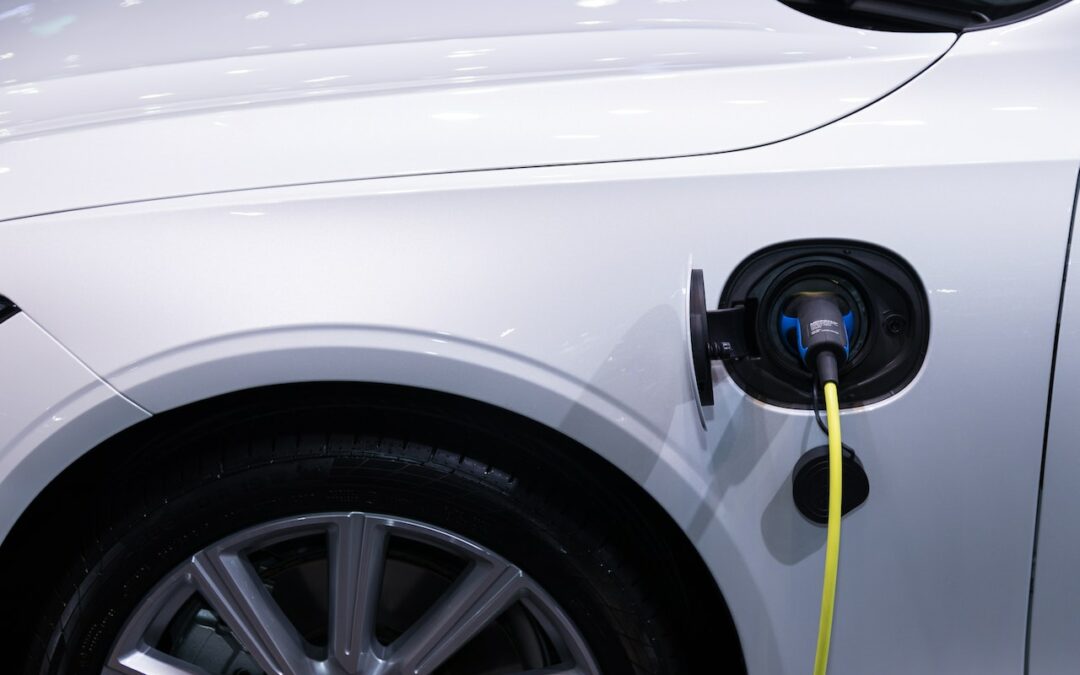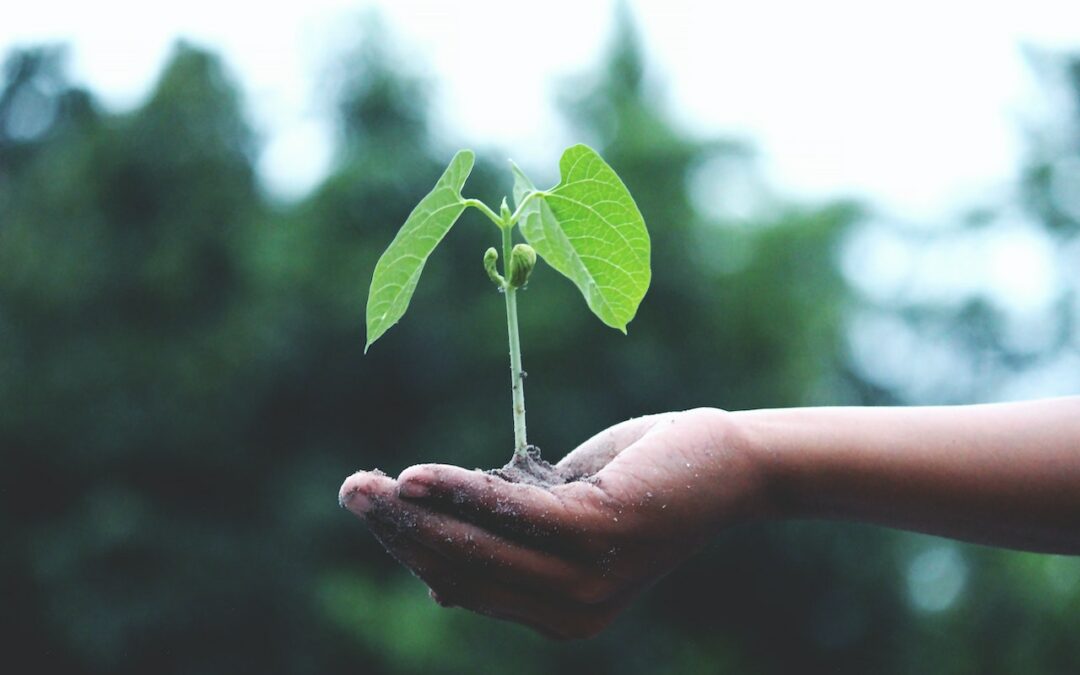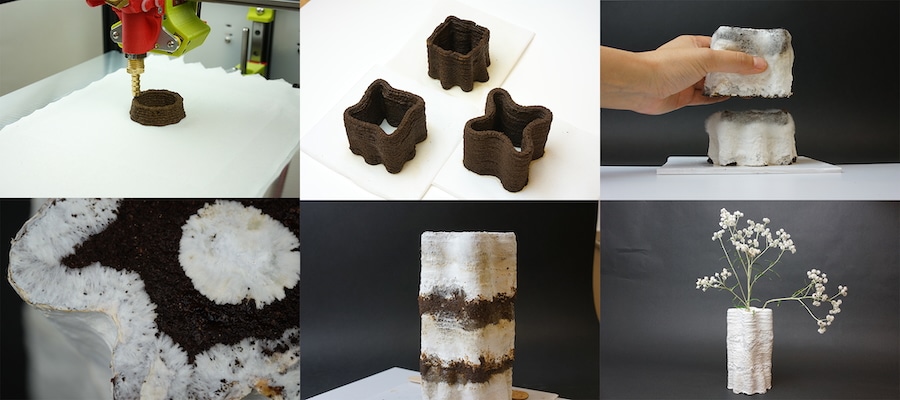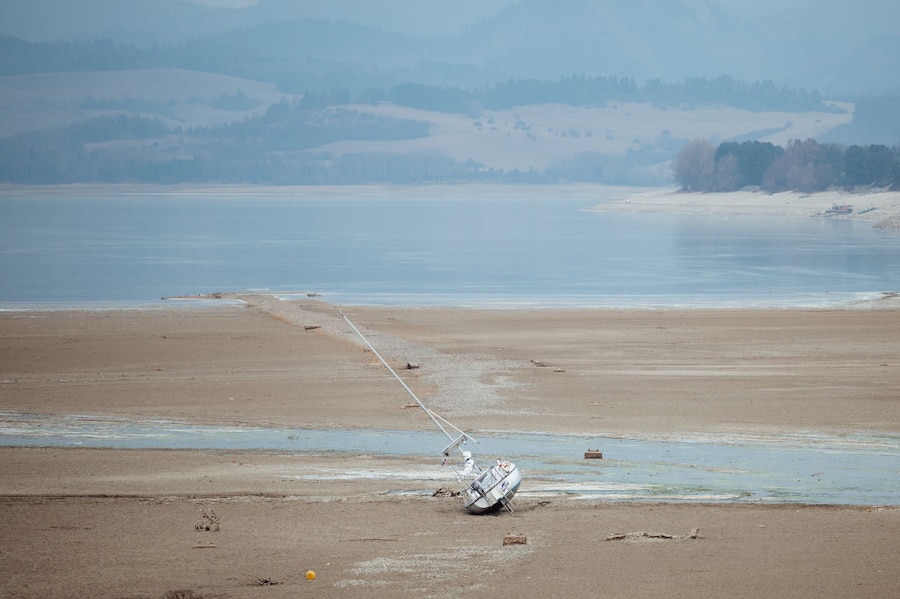
Car Deal of the Day: The BMW i4 is a fun-to-drive electric exec for a low price
It may have been around a while, but time hasn’t dampened the i4’s appeal. It’s our Deal of the Day for 24 February.

It may have been around a while, but time hasn’t dampened the i4’s appeal. It’s our Deal of the Day for 24 February.

Amazon Australia has continued its commitment to reduce packaging waste by moving to 100% recyclable packaging.
From its boxes, bags and envelopes to the tape that holds it together, all packaging from Amazon that is sent from its Australian facilities can go directly into the household recycling bin.
This step addresses the 1.2 million tonnes of plastic packaging generated annually in Australia.
The company has been working to reduce packaging waste, including:
using AI and automation to create right-sized packaging and investing in paper-based solutions;
globally reducing packaging weight per shipment since 2015 by 43%, avoiding more than 3 million tonnes of waste; and
introducing new automated paper packaging machines that create unpadded, durable and flexible paper bags that are said to be up to 77% lighter than similar-sized plastic padded envelopes and help to optimise and reduce packaging weight.
Many items are now also shipped without additional Amazon packaging, such as nappies, toilet rolls and soft drinks, reducing unnecessary materials.
“Moving to 100% recyclable delivery packaging in Australia is a major milestone. This project has been almost two years in the making, following a rigorous process of product development and testing to ensure the paper envelopes can also withstand the delivery process and customer orders arrive safely,” said Janet Menzies, Amazon Australia Country Manager.
While the company has worked to reduce single-use plastic packaging material, there are still a few instances where customers in Australia may receive packages in plastic packaging; for example:
Amazon controls the packaging for items shipped to customers direct from its own fulfilment centres, yet third-party sellers can ship directly to customers themselves, in which case Amazon does not control the packaging. The company encourages third parties to use alternative packaging options.
When a product comes in a single-use plastic bag from the manufacturer and the bag is suitable, Amazon will deliver the product to the customer in the manufacturer-supplied bag. This avoids the addition of extra packaging.
Plastic preparation material such as bubble wrap may still be used where necessary, such as to protect fragile items like glass or to seal liquid products such as shampoo and soaps.
“We are proud of this progress, but it’s just the beginning and we will keep innovating to improve our packaging,” Menzies said.
Amazon’s 100% recyclable packaging has been in product development and testing for two years, so as to ensure that orders can withstand the delivery process and still arrive safely.
Image caption: Amazon Australia’s 100% recyclable packaging.

In a new study, researchers have made a promising discovery: a compostable material that can serve as an alternative to plastic. The material is made from a combination of used coffee grounds and spores from Reishi mushrooms that are made into a paste, then 3D printed. The idea started when Danli Luo, corresponding author of […]
The post Coffee Grounds and Mushroom Spores Can Be 3D Printed Into a Compostable Plastic Alternative, Researchers Say appeared first on EcoWatch.

Stronger water management efforts will be essential to overcoming the gap between supply and demand as the planet continues to warm, according to a new analysis by Lorenzo Rosa, principal investigator at Carnegie Science, and Matteo Sangiorgio, a researcher at the Polytechnic University of Milan. For the study, the pair of researchers quantified issues of […]
The post Gap Between Water Supply and Demand to Widen as Climate Warms: Study appeared first on EcoWatch.

Is there still room for plug-in hybrids when EVs continue to impress? We’re about to find out